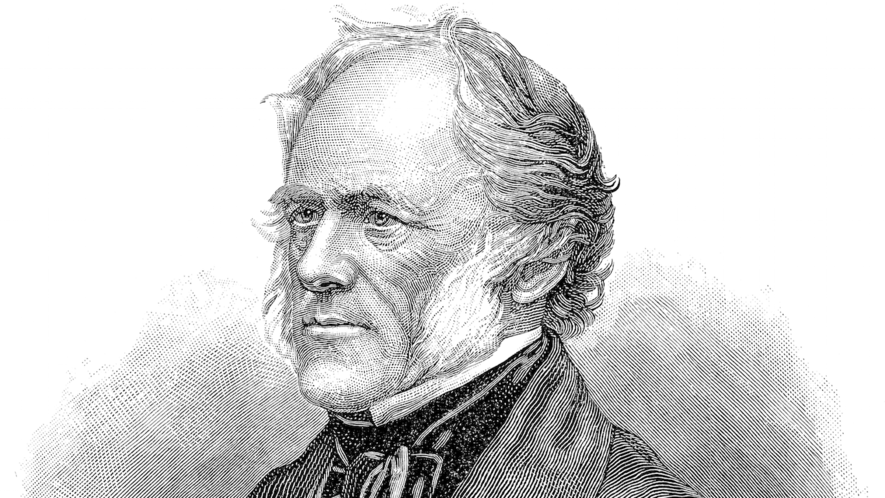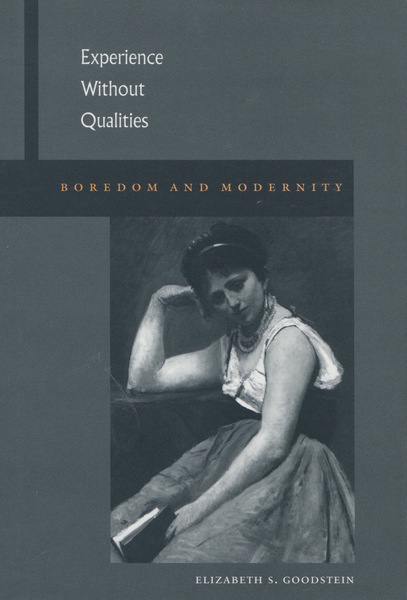A Short Life of Jonathan Edwards
First Published: A Short Life of Jonathan Edwards, George Marsden, Eerdmans Publishing, 2008 (ISBN 978-0-8028-0220-0), vi + 152 pp., pb $15.00
Individually, these books are an informative look at two influential thinkers in American religion. Together, they serve as bookends to a period of American history in which Evangelicalism emphasized a particular perspective of soteriology that minimizes the intellect. What makes this such an interesting study is that both Edwards and Schaeffer made significant use of the intellect as opposed to much of what goes on between their times. In some sense, Jonathan Edwards set the standard for American intellectual religiosity so that much of what comes later is compared back to him on that plane. On the other hand, Schaeffer is credited as reinvigorating the life of the intellect among Evangelicals, and many of the Christian scholars who work in America in the decades after Schaeffer trace their own motivation to his work. This is revelatory of how Evangelical American’s understand the ‘intellect’, both those who emphasize it and those who downplay it.
The Presuppositions of Religious Pluralism and the Need for Natural Theology
First Published: The Presuppositions of Religious Pluralism and the Need for Natural Theology # Springer Science + Business Media B.V. 2008 Although the idea of pluralism that he presented was…
Can Philosophy of Religion Move Beyond Kantian Skepticism?
Can Philosophy of Religion Move Beyond Kantian Skepticism? Reviews in Religion and Theology, 14:2 (2007) © 2007 The Author. Journal compilation © 2007 Blackwell Publishing Ltd., 9600 Garsington Road, Oxford…
Charles Lyell, Uniformitarianism
First Published: © 2007 by the Joint Publication Board of Zygon. ISSN 0591-2385
Astract. I examine the development of Charles Lyell’s principle of uniformity and its influence on the development of modern geology and biology and argue that distinguishing between philosophical starting points and empirical findings is essential for clarity in the discussion between science and religion. First, I explore Lyell’s arguments against catastrophism and how these were both empirically and religiously motivated. I then consider how David Hume’s empiricism, theory of causation, and rejection of miracles influenced Lyell. Using these insights, Lyell formulated his principle of uniformity, which he believed was based on current empirical findings, and rejected explanatory hypotheses that used the biblical Flood or other catastrophist accounts as violations of uniform causation and introductions of theological concepts into empirical science. I next examine the influence of Lyell’s principle on Charles Darwin. Although Lyell opposed Darwinism for most of his life, Darwin relied heavily on Lyell, as is evidenced by references throughout The Origin of Species. I contend that the most important aspect of Lyell’s principle for Darwin is that it makes natural evil (the struggle for survival) a process that has always been occurring rather than something introduced after the Fall as recorded in Genesis. Finally, I discuss the role that uniformity plays for Lyell, Darwin, and modern science as an interpretive principle rather than as an inference from empirical data, and I conclude by noting that keeping the distinction in mind between interpretive principles and empirical findings will help clarify debates between science and religion.
Clarity and Arguing About Gods
Arguing About Gods, Graham Oppy, Cambridge University Press, 2006 (ISBN 0-521-86386-4), xix + 449 pp.
Oppy’s newest book, Arguing About Gods, is essential for those interested in the Philosophy of Religion, Natural Theology, and the existence of God. It represents significant research and a robust acquaintance with contemporary and classical work about the existence of God. In an important way, this book is a modern day application of David Hume’s Dialogues Concerning Natural Religion, which Oppy refers to as one of his favorites. While many defenses have been given in reply to Hume, what Oppy shows in his work is that these have failed to successfully modify the classical theistic arguments. Oppy applies Hume’s method to post-Humean modifications of theistic arguments, and exhibits the same rigorous skepticism as the interlocutor Philo from Dialogues. Through an analysis of Oppy’s criticism and application of Hume, it can be understood that there are two reasons why post-Humean theists have not successfully responded to Hume (and why pre-Humean theists were unable to give a ‘Hume proof’ argument). These will become evident as Oppy’s criticisms are considered, as will a possible avenue for a successful proof, and the necessity of a proof for Christianity. The centrality of a proof, especially for Christianity, is based on the ought/can principle, making the need to show the clarity of God’s existence foundational to any other aspect of the Christian gospel.
Experience Without Qualities By Elizabeth Goodstein Review
First Published: Stanford University Press – Experience Without Qualities By Elizabeth Goodstein Review
Goodstein provides a fascinating study of boredom as a phenomenon in the contemporary world and traces related concepts, such as malaise, ennui, melancholy, and acedia. She ties together threads from philosophy, history, religion, and the arts to absorb her audience in the problem of boredom. She argues that the ‘rise of the discourse on boredom is a symptom of the dissolution of the ‘intact sensibility’ in modernity’(p. 398). She believes that boredom is a form of reflective consciousness that is part of a distinctly modern rhetoric about subjective malaise (p. 399).Relying on a dialectical understanding of historical development to provide the structure of her analysis, she believes that boredom cannot be identified with the older conditions of melancholy or acedia because the failures of the Enlightenment era have left modern humanity in a uniquely reflective position. Specifically, the traditional frameworks of meaning have failed and left a ‘hollow emptiness of self’ (p. 398). This cannot be equated with cynicism, but is related to a kind of skepticism that results from the failure of the Enlightenment claims about reason to produce meaning.





